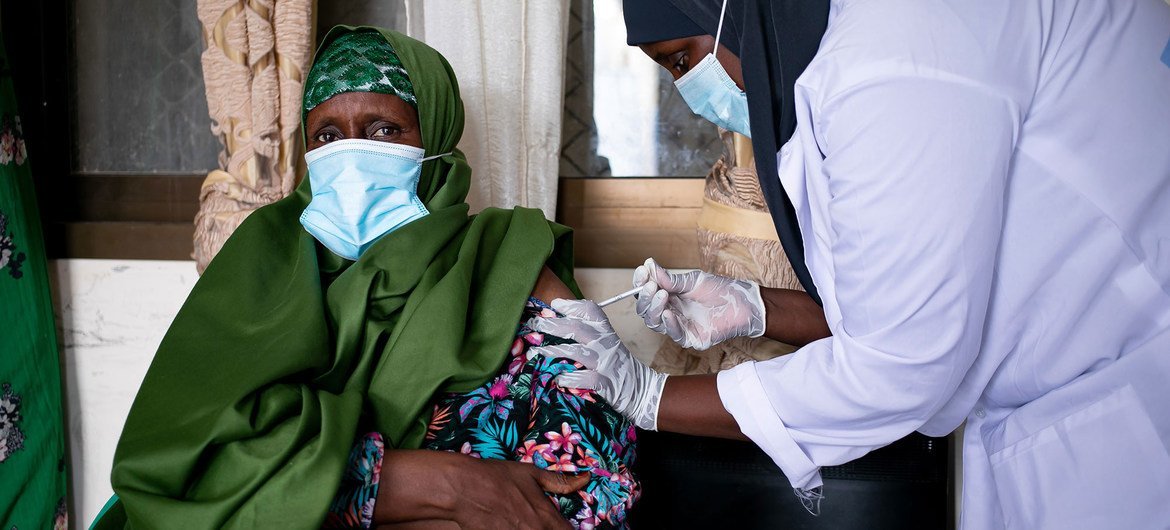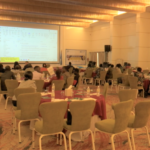
NEW YORK, USA, 19 August 2022 -/African Media Agency(AMA)/- Countries should consider giving a second COVID-19 vaccine booster to older persons, pregnant women, health workers, people with weaker immune systems and those at higher risk of severe disease, experts appointed by the World Health Organization (WHO) said on Thursday.
The recommendation comes in a statement issued by the Strategic Advisory Group of Experts (SAGE) on Immunization, following a meeting held last week.
Most COVID-19 vaccines consist of a primary series of two doses, with a first booster administered some four to six months after completion to improve immune response.
“There is increasing evidence on the benefits of a second booster dose of vaccines in terms of restoring waning vaccine effectiveness (VE),” the statement said.
Waning effectiveness
Protection offered by current vaccines declines substantially within a few months, particularly in the context of each variant of concern.
The guidance focuses on the need for a second booster as Omicron remains the dominant variant. It does not take into account future variants, or variant-containing vaccines, which are in late-stage development.
Factors such as waning vaccine- and infection-induced immunity, relaxation of public health measures, temporal fluctuations in transmission, and the potential emergence of new variants, may lead to COVID-19 surges in the coming months, which could prompt the need for second booster doses.
“Evolving evidence from studies suggests that additional protection of the most vulnerable populations, at least for several months, is likely to be achieved through administration of a second booster dose, although follow-up time for these studies is limited,” the statement said.
The second booster should be offered four to six months after the last dose, or as soon as possible thereafter.
WHO further recommends that countries also consider administering COVID-19 vaccines alongside the seasonal flu vaccine, where feasible.
Distributed by African Media Agency (AMA) on behalf of UN News.





